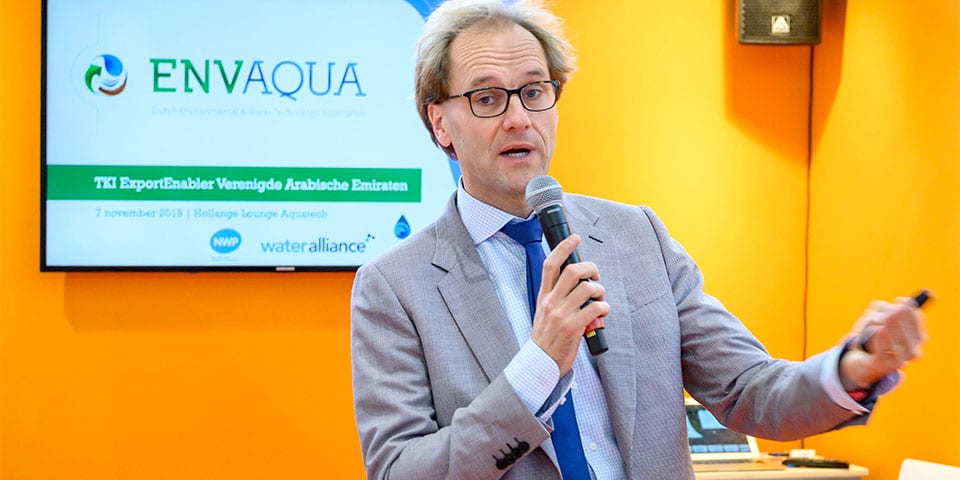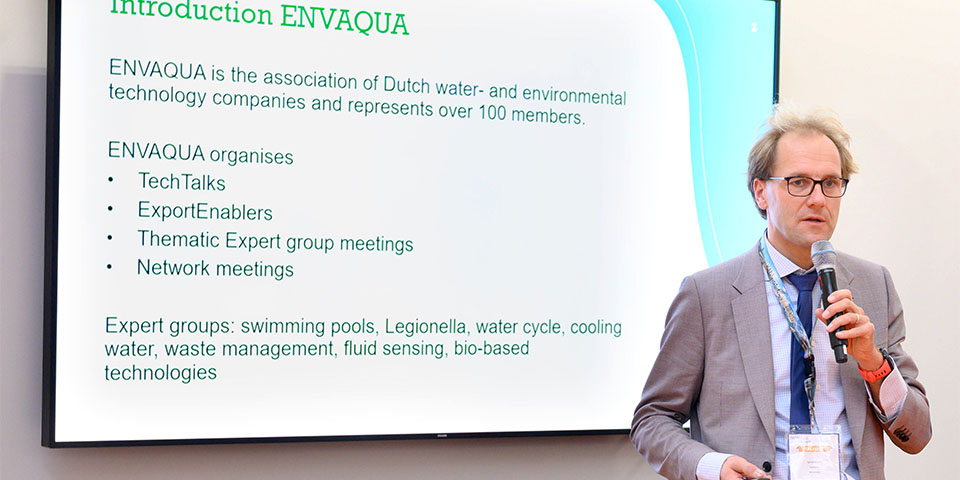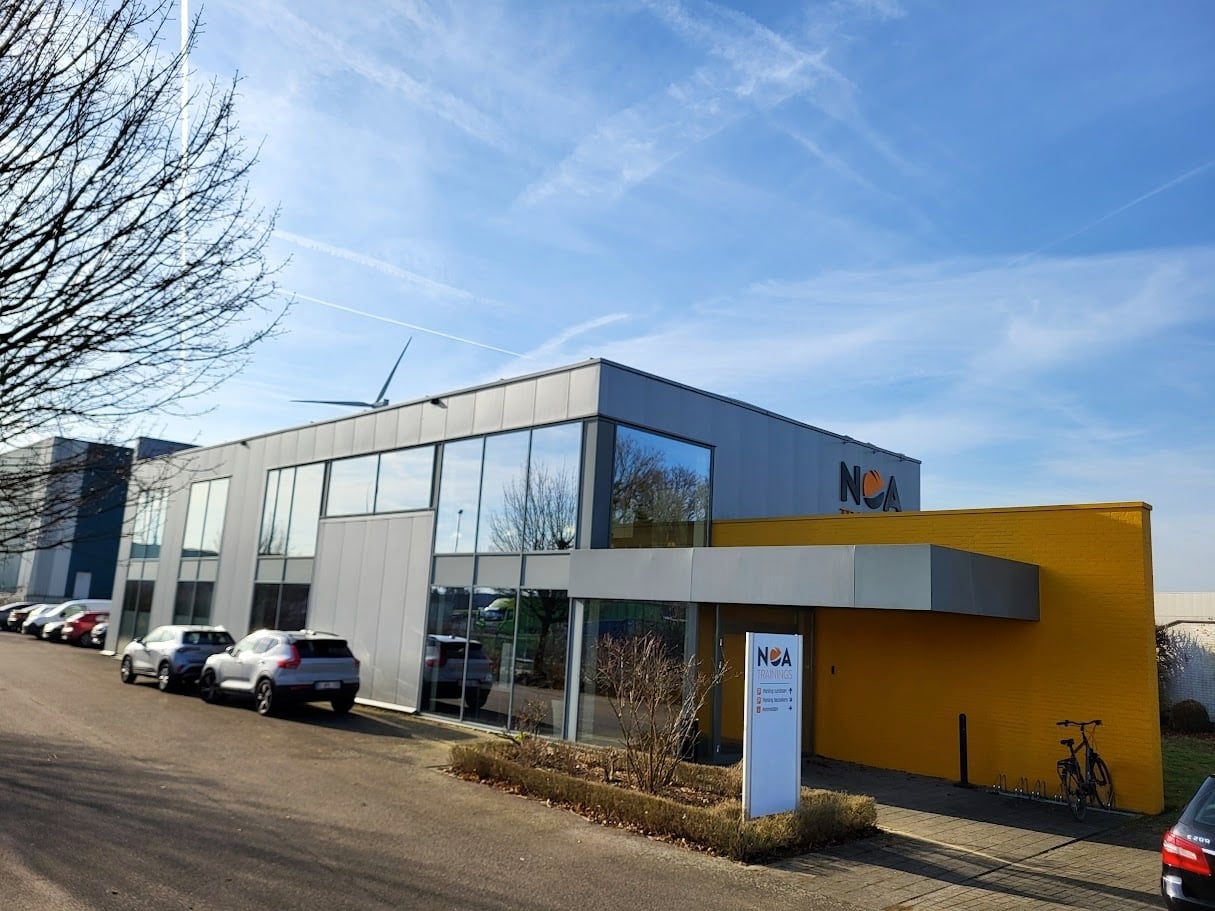
Climate change biggest threat to global economy
Every year, world leaders gather in Davos at the World Economic Forum (WEF) to discuss the opportunities and threats facing the global economy. The derived Global Risks Report 2020 shows that climate change is seen as the biggest threat. Water plays a crucial role in this, both in terms of drought and floods. According to Ignaz Worm, director of Envaqua, trade association for companies in the field of water and environmental technology, a powerful report that offers plenty of opportunities for the GWW sector.
"The WEF Global Risks Report 2020 raises some interesting issues for our sector," Worm begins. "World leaders are very concerned about the impact of climate change, which is hitting harder than thought, and in particular the inability to take action (quickly). What's fascinating about the latest report is that it compares insights with those from previous reports from 2007-2020. Back then the environment did not even appear in the top five potential risks for the global economy, anno 2020 almost every risk is linked to climate change and how we treat the environment. That means for the GWW sector, and more specifically for Envaqua members, they are operating in a field that is seen by world leaders as the most important threat to the global economy."

As an industry organization, Enqavua makes a strong case for exposing social issues.
Automatic water level management
"The risk of flooding on the one hand and severe drought on the other is increasingly felt and recognized," Worm stated. "The report indirectly encourages stakeholders to invest in water and environmental technology to mitigate the risks in the future. Drainage of excess rainwater and drought mitigation is an issue we can no longer close our eyes to. It is therefore encouraging that the urgency of the issue is so explicitly recognized."
According to Worm, the solutions are often already on the shelf. "It's a matter of wanting and implementing," he says. For example, "Automatic water level management in fields around cities can be a nice win-win. By monitoring at plot level what water level is desirable (or maximum permissible) under fields, accelerated water discharge from cities can be achieved at times, without having to create expensive catch basins in the city. And vice versa to prevent drying out of fields. This interaction allows water boards to make an even more active contribution to urban water management. Automatic water level management is also a method to prevent the fresh/salt interface from rising. In short, plenty of opportunities and it's all existing technology."
As an industry organization, Enqavua makes a strong case for exposing social issues. Worm: "We organize several TechTalks every year where we invite clients (water boards, municipalities, industries, regulators, etc.) to bring their issues or challenges to the table. We then link to this a number of market players, technology companies. From both sides there is an enormous willingness to take up problems, analyze them and come to solutions together. This year we have some great topics on the agenda again. And so we are trying in many ways to actively raise awareness of the topic of water and environmental technology. Supported by our world leaders, it promises to be a bright future for our sector."




